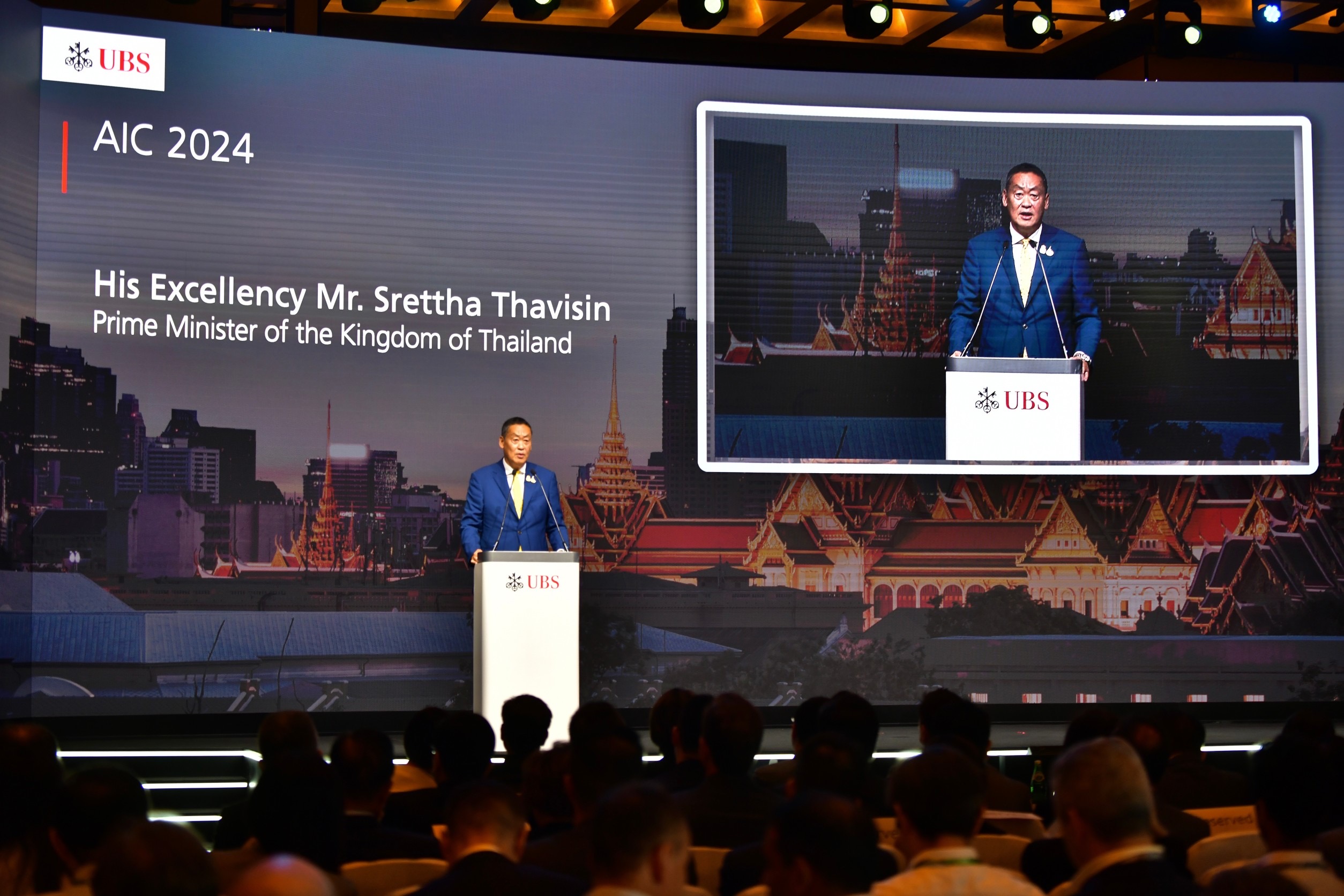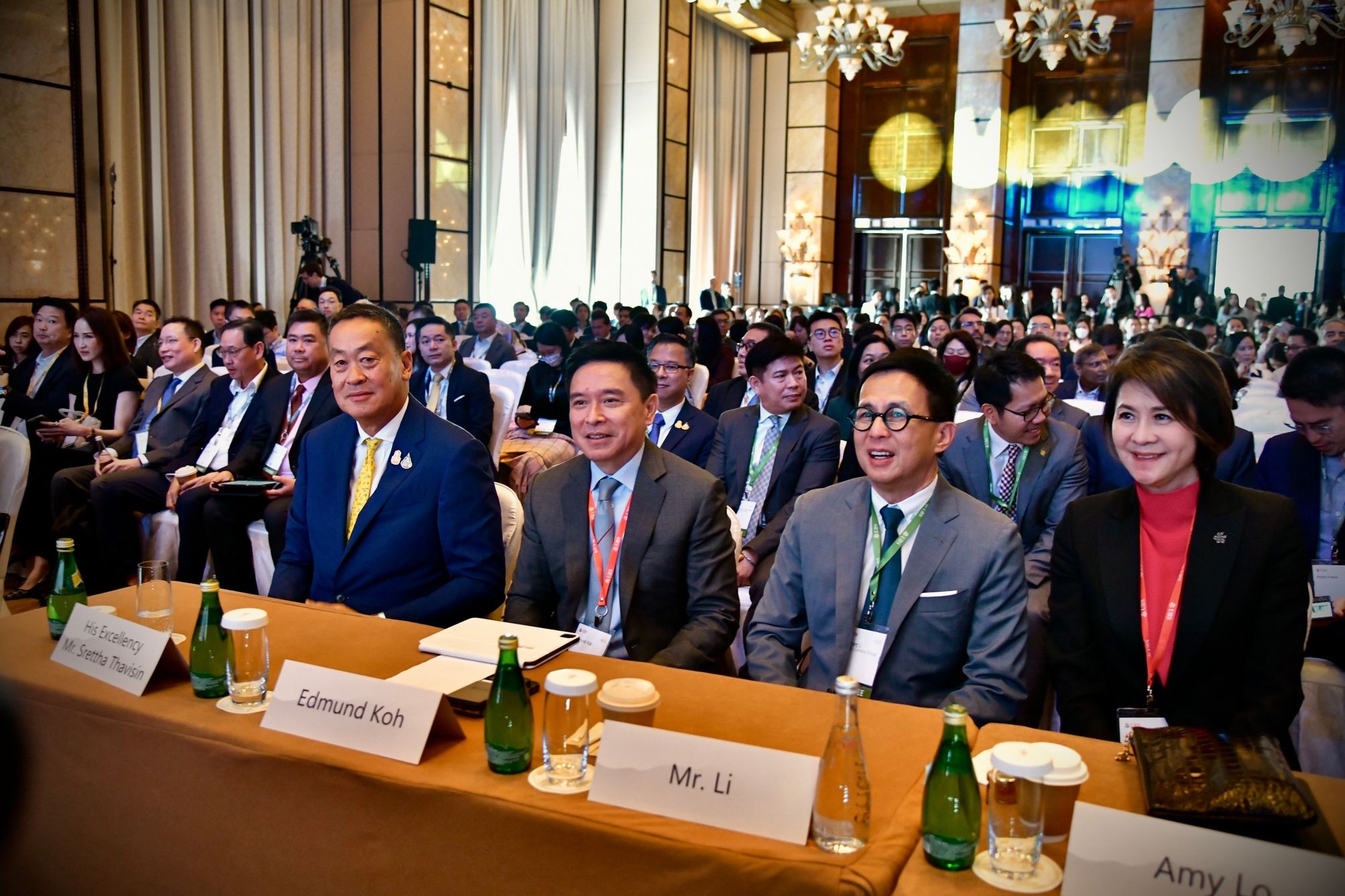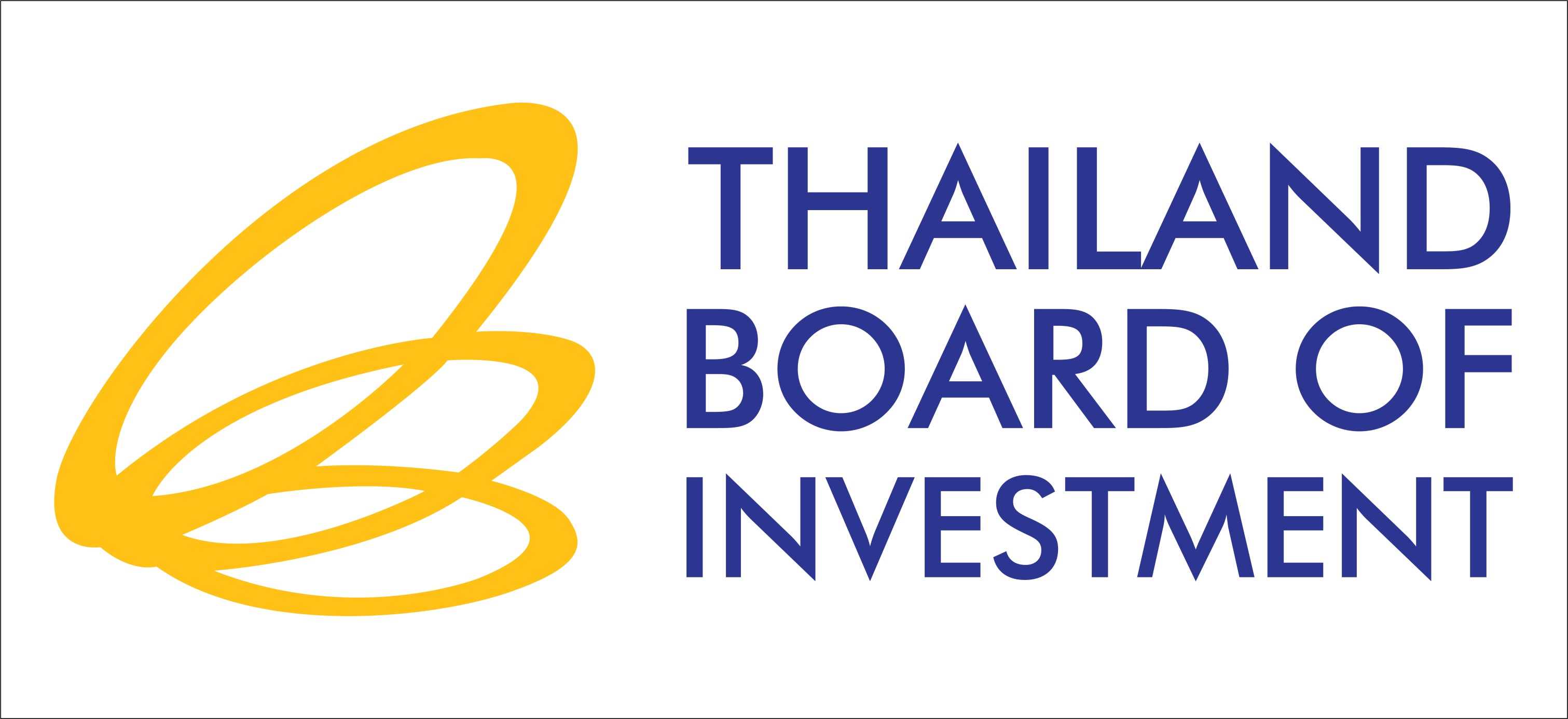Thai economic policy/PM speech
Thai economic policy/PM speech
Chatrudee Theparat
The PM addressed the digital wallet project to boost the economy by 1.2%-1.8% due to positive spillover effects extending into the following year and attract investors to invest in Thailand.

Prime Minister Srettha Thavisin attended the UBS Asian Investment Conference (AIC) 2024 in Hong Kong. The event brought together more than 2,000 global institutional investors and individuals. Also, 300 top executives and entrepreneurs of the most dynamic private and public companies in Asia Pacific attended the event to share and exchange visions and ideas on investments and future innovations.
The PM delivered a keynote address on “Wisdom: An eye on the past, a view to the future” which resonates deeply with the journey of Thailand and its strategic vision for the future.
The PM shared with the participants the government’s economic policies, and its vision for the future of Thailand.
The government’s main objective is to create robust economic policies that drive growth, foster innovation, and ensure sustainability.
The approach targets fiscal stability, regulatory reforms, and strategic investments in key sectors. For example, tax codes are revised to attract more investment, streamline business processes, and remove bureaucratic hurdles to foster business innovation and entrepreneurship. Initiatives include simplifying work permits for foreign workers, developing a Super License system for target sectors, reducing import-export restrictions, and promoting clean energy. These efforts aim to boost business confidence and enhance Thailand’s global competitiveness.
An important fiscal policy the PM has emphasized is the government’s stimulus package through the digital wallet scheme.
Thailand has reported a GDP growth of 1.5% year-over-year for the first quarter of 2024. The full-year forecast for 2024 is expected to be between 2% and 3%. To enhance this growth, the economy must be shifted into high gear.
“The Thai government’s progressive stimulus package will put 10,000 baht ($275) into the hands of 50 million people. This initiative will inject approximately 500 billion baht into the Thai economy. The digital wallet project is expected to boost the economy by 1.2%-1.8% due to positive spillover effects extending into the following year.”
With this program, the money will go directly into local communities throughout the country. In the long-run, the policy will lay the foundation for a nationwide blockchain-based financial payment system, with rigorous financial discipline and streamlined foreign investment processes.

In terms of trade policy, the government will position Thailand as an integral partner for the global supply chains. Apart from reducing import-export restrictions, FTA negotiations with key economies will be accelerated. The PM announced that the Thai-EU FTA negotiations have progressed well, and is expected to be concluded and signed by 2025.
For businesses, the government seeks to build the new engine of growth, driven by innovation and creativity. Future-proof industries such as the digital economy; smart electronics, particularly the upstream semiconductor; aerospace and defense; advanced agriculture and biotechnology; as well as climate-resilient solutions, will be fully promoted and supported.
The government is also streamlining the business process to improve ease of doing business through regulatory guillotine and digitization of government services. Also, it offers attractive packages for foreign investments and infrastructure development.
For human development, the government will ensure that the Thai workforce is ready for the future, and will provide them with education, skills, and lifelong learning. The government also plans to attract international talent by streamlining work permit and visa processes, and offering competitive incentives.
The government is fully committed to pursuing a sustainable and inclusive path for growth through reviving the green economy and energy transition, while doubling the efforts to achieve carbon neutrality by 2050 and net-zero by 2065.
By 2040, Thailand will become a leading clean energy producer in the region, with 50% of all electricity in Thailand coming from renewable sources.
The PM took the opportunity to invite anyone with the appetite to invest, or with expertise in the areas of renewable energy, hydrogen technology, energy storage, carbon capture and storage, and sustainability finance, to take a serious look at Thailand.
This year, the government also plans to issue 30 billion baht in sovereign sustainability-linked bonds, and would welcome investors to participate as part of its efforts to realize the country’s sustainability and climate commitments.
29 May 2024
Viewed 120 time
 EN
EN 




